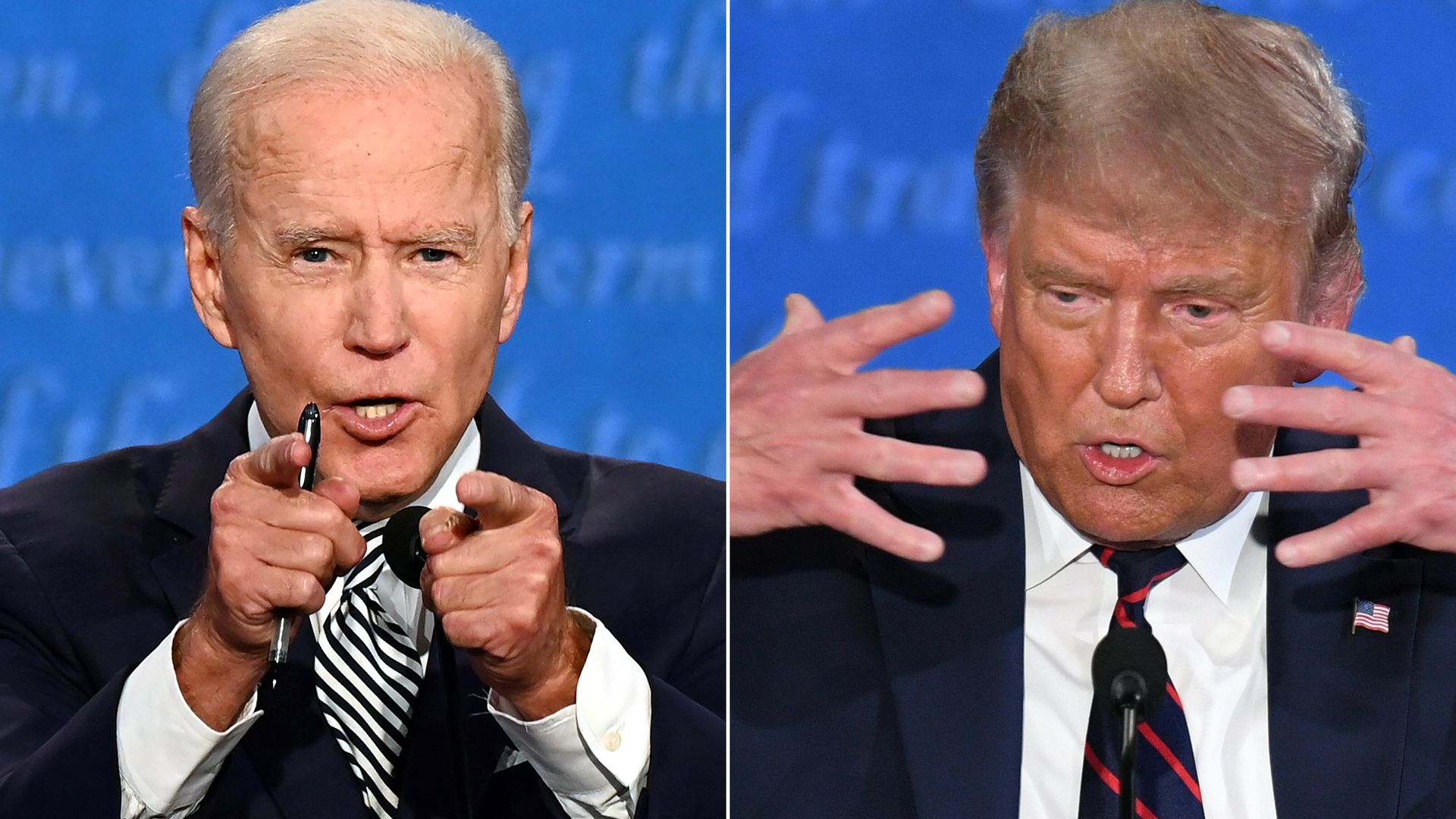 With the exception of those who explain themselves, like John Wilkes Booth and Leon Czolgosz, political assassins tend to take their motives to the grave. Though the real reasons for their acts tend to be personal to the point of quirky—like John Hinckley hoping to impress Jodie Foster—Americans often point the finger at inflammatory rhetoric. Dehumanizing speech, we assume, is bound to prompt some weak-minded weirdo to act out.
With the exception of those who explain themselves, like John Wilkes Booth and Leon Czolgosz, political assassins tend to take their motives to the grave. Though the real reasons for their acts tend to be personal to the point of quirky—like John Hinckley hoping to impress Jodie Foster—Americans often point the finger at inflammatory rhetoric. Dehumanizing speech, we assume, is bound to prompt some weak-minded weirdo to act out.
Anti-JFK “wanted for treason” posters distributed in Dallas shortly before the November 1963 assassination were cited as evidence that right-wing extremism had created a toxic atmosphere, implying that the city itself had sort of killed the president. But Dallas didn’t shoot Kennedy; Lee Harvey Oswald did. Though his motives were nebulous, his politics leaned Left.
After Arizona Congresswoman Gabby Giffords was shot by her constituent in 2011, liberal media outlets took note of a map tweeted by a PAC associated with Sarah Palin released nine months earlier, which displayed targets over districts, including Giffords’, being challenged by GOP candidates. As The Atlantic’s James Fallows put it, the media asked “whether there is a connection between” such “extreme, implicitly violent political rhetoric and imagery” as that published by Palin and “actual outbursts of violence, whatever the motivations of this killer turn out to be?”
There was no connection. The shooter had never seen Palin’s map. Yet, when Palin sued The New York Times over an editorial that drew a direct line between her map and the murder attempt, she lost—and was ordered to pay the Times’ legal fees.
Correlation does not equal causation. What common sense dictates must be true—what feels true—that violent talk begets real-world violence, trumps what actually is true: mentally disturbed people do crazy things sometimes.
Still, the toxic-talk-is-dangerous meme persists. “The central premise of the Biden campaign is that President Donald Trump is an authoritarian fascist who must be stopped at all costs,” Sen. J.D. Vance tweeted/Xed after the shooting of former President Donald Trump at a campaign rally in Butler, Pennsylvania. “That rhetoric led directly to President Trump’s attempted assassination.”
“Directly”? There isn’t even evidence of an indirect link.
The alleged shooter, 20, was a registered Republican who donated $15 to a liberal PAC in 2021. Confusing! He’s dead, no one has found a manifesto, and at this point Vance is just resorting to the usual speculation.
It seems unlikely that any sturdy peer-reviewed study of political assassins and would-be assassins will emerge any time soon that would settle the question of the relationship, if any, between a culture of violence—dehumanization, intimidation, threats of physical harm and actual killings and assaults—and attempts on the lives of politicians. Even so, an incident like the shooting in Pennsylvania should make Americans ask themselves whether lowering the temperature might not be its own reward.
As a leftist who does not support Trump, I was shocked not only at the stream of vitriol that swamped social media after the Pennsylvania shooting, much of it bemoaning the fact that Trump survived, but at the willingness of so many people to express such extreme opinions in public, under their own names, in an instantly searchable medium. Either they are unafraid of social repercussions or, more likely, it never crossed their minds that there might be any.
It is not hard to imagine why. These opinions are now mainstream.
Vance is right about one thing. Throughout the current campaign and going back at least to the start of Trump’s first run for the White House in 2016, Democrats and their media allies have characterized Trump and his MAGA movement as an existential threat to democracy.
Some went further.
Five days before Trump was shot, First Lady Jill Biden told a gathering of Georgia Democrats: “Does Donald Trump know anything about military families? No. He disparages those who sacrifice for our country. His own chief of staff said he called POWs and those who died in war losers and suckers. He’s evil.”
There is no need to regurgitate a litany of overheated hate speech, especially in recent years. We all hear it. Demonization of political opponents, along with the determination that opposing partisans are not merely misguided or ignorant but willfully malign, is as old as politics. It is worth noting, however, that our government has normalized political assassinations overseas in a way that makes it difficult to (pretend to) be shocked when they occur here. President Obama had Osama bin Laden whacked rather than brought to justice, President Trump rubbed out a top Iranian general as casually as smooshing a bug (we’re not even at war with Iran) and even the press parrots official statements that sanitize such state-sanctioned murders with anodyne words like “eliminated,” “got rid of” and “took out.”
We may never know whether there is a link, direct or otherwise, between a culture that treats killing cavalierly and citizens who resort to violence against our leaders. Assuming that there’s no connection, however, what would be the harm in speaking more gently and civilly to one another? Depersonalizing our politics might open the space to address actual issues, some of which—like the high expense of and difficulty accessing psychiatric care—that really are driving us nuts.
(Ted Rall (Twitter: @tedrall), the political cartoonist, columnist and graphic novelist, co-hosts the left-vs-right DMZ America podcast with fellow cartoonist Scott Stantis. His latest book, brand-new right now, is the graphic novel 2024: Revisited.)

 On
On  Why, frustrated Democrats are asking, is the news media ignoring signs that former President Donald Trump is (also) suffering cognitive impairment? Why are they focusing on President Joe Biden’s debate performance and calling on him, but not
Why, frustrated Democrats are asking, is the news media ignoring signs that former President Donald Trump is (also) suffering cognitive impairment? Why are they focusing on President Joe Biden’s debate performance and calling on him, but not